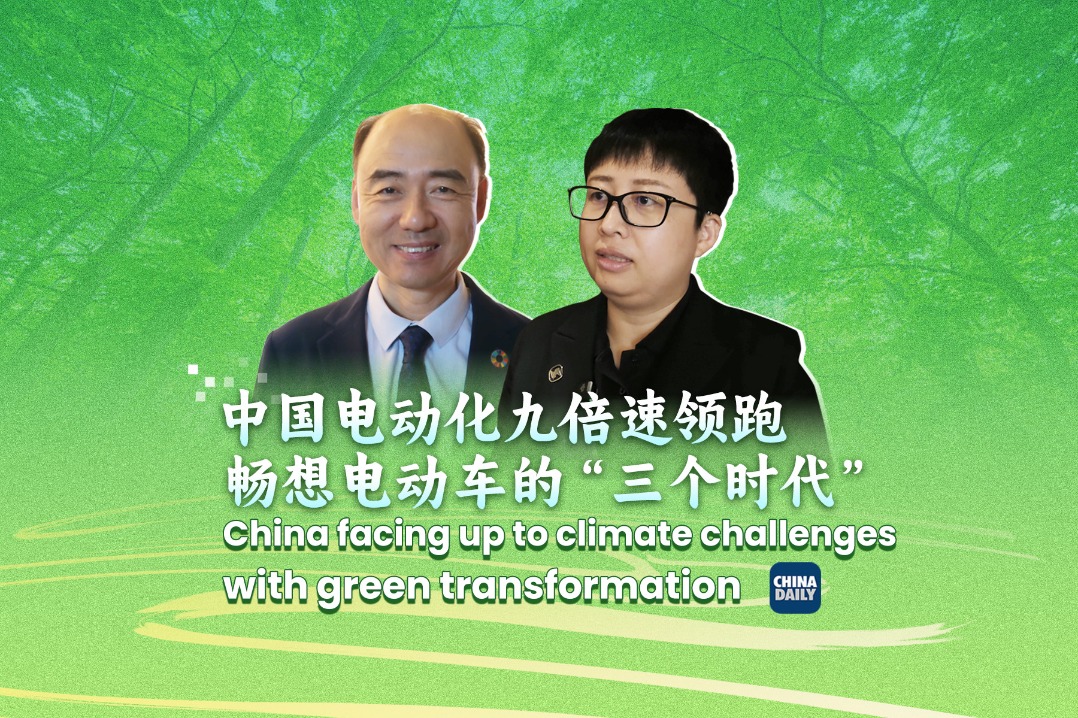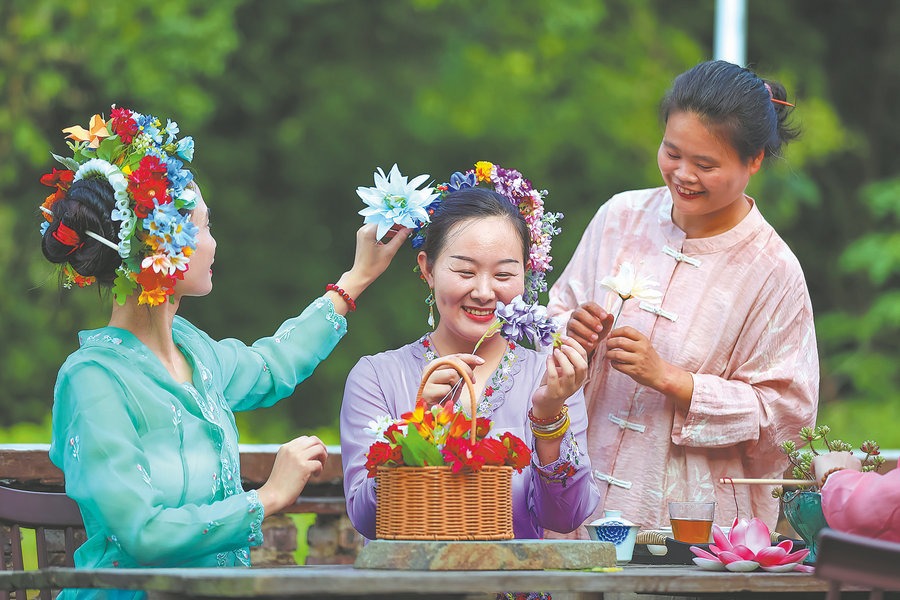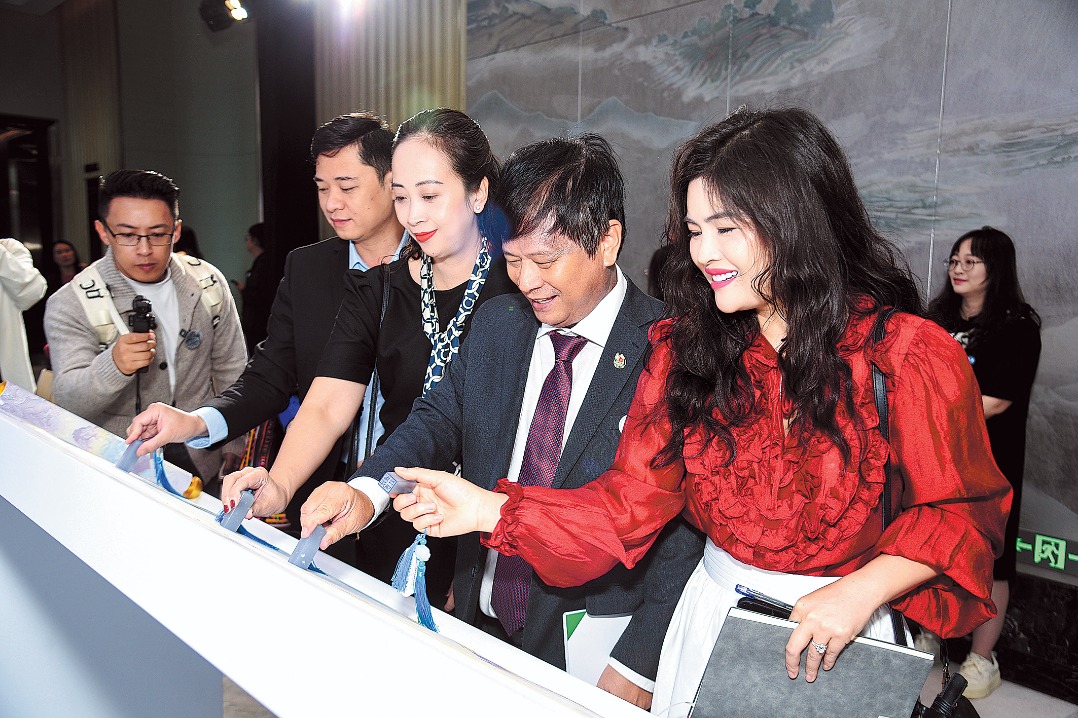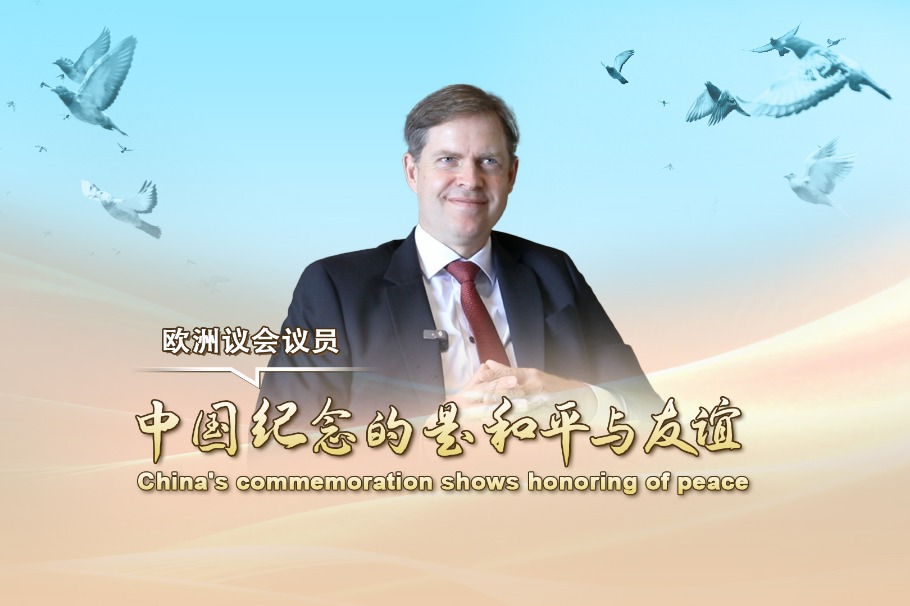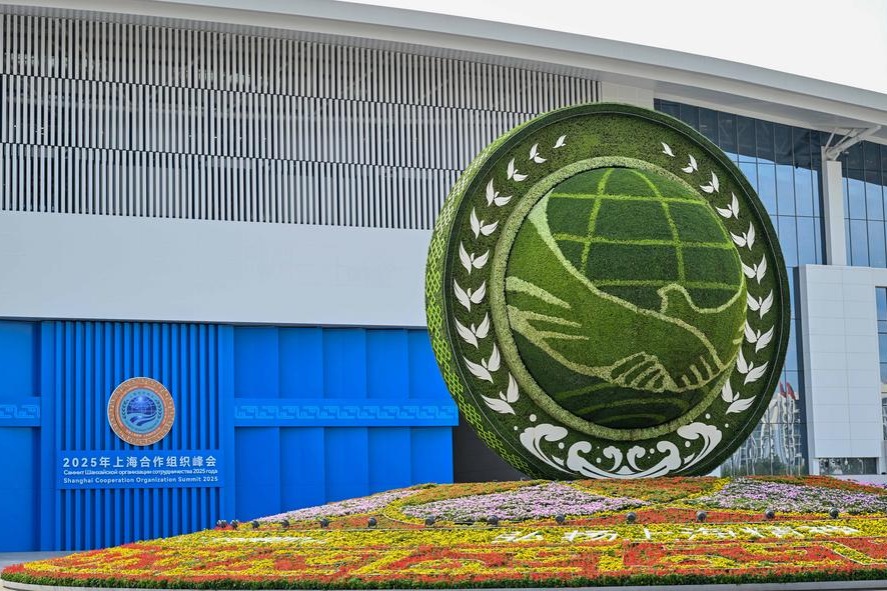A driving force for bringing unity in diversity

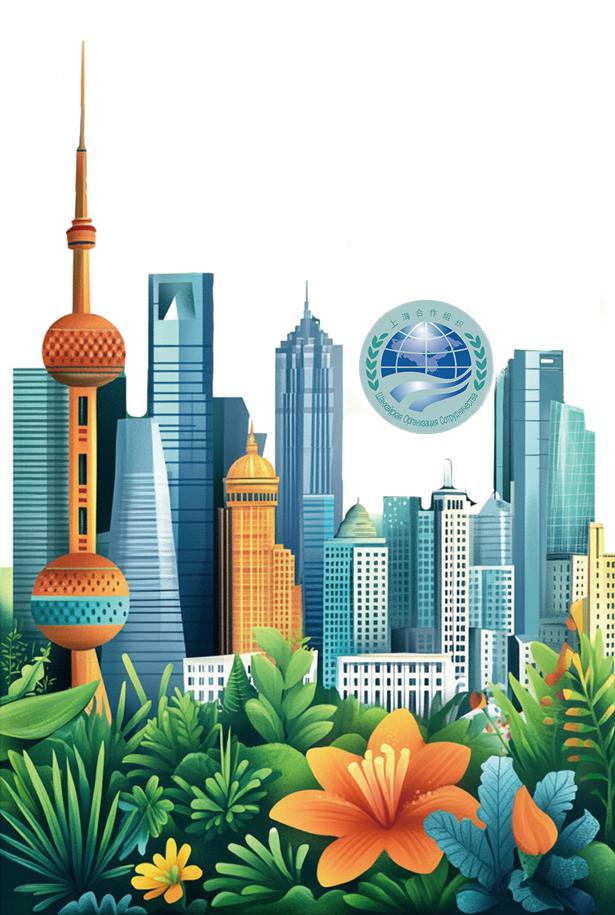
The Shanghai Cooperation Organization has, in recent years, emerged as a dynamic grouping, shaping the evolving world order — not only through its focus on regional and international security, but increasingly through mutual respect, inclusive dialogue, shared innovation, and joint efforts to protect genuine multilateralism, equity and diversity of civilizations, and the critical role of the United Nations in global governance. Previously, China has already proposed three global initiatives, and at the summit in Tianjin, China proposed the Global Governance Initiative to open new space for collective understanding and coordinated behavior.
With a growing agenda which now covers fields such as youth exchanges, science and technology, finance, education, digital technology and the economy, the SCO is becoming a stabilizing anchor, promoting peaceful coexistence and mutual enrichment.
While attending the China-Central Asia Cooperation Development Forum in Astana, Kazakhstan, on June 22, I was struck by the city's modern infrastructure, and the vibrant energy of its people — youthful, optimistic, connected to both tradition and progress. The blend of historical depth and modern vitality in Central Asia reflects a broader SCO vision: to protect national sovereignty, promote the well-being for all, advance multi-dimensional cooperation, and respect diversity of civilizations.
As the family members grow, the SCO is developing from a facilitator for multilateralism to an incubator for civilizational dialogue, cooperation and innovation. Civilizations achieve integration through exchanges, and progress through integration. That spirit is at the heart of the SCO, an organization that encompasses nearly half of the world's population and diverse cultures and traditions. This diversity is not a challenge; it's a strength that is fueling a wide range of grassroots and institutional efforts to deepen understanding and build trust. President Xi Jinping mentioned in his speech at the summit in Tianjin, we must continue to promote exchanges and mutual learning among civilizations, and write a brilliant chapter of peaceful and harmonious coexistence among countries with different histories and cultures, different social systems, and different stages of development.
A prime example of deepening understanding and mutual learning is the SCO Youth Camp, an initiative supported at the head-of-state level. Young people from SCO member states travel to cities such as Beijing, Shanghai, and Qingdao, Shandong province, as well as the Xinjiang Uygur autonomous region to see firsthand China's modern development and cultural diversity. By visiting different sites, holding group discussions, and attending cultural events, they develop grounded understanding and mutual friendship. But more importantly, these exchanges plant the seeds of a new generation of leaders who are expected to see difference and diversity not as a challenge, but as an opportunity.
For many youths, the most valuable takeaway from these exchanges isn't a policy insight; it's a change in perception. The Youth Camp helps fill in cognitive gaps, dispels cultural stereotypes, and nurtures a sense of shared identity. In doing so, it promotes openness, inclusivity and optimism, values that will shape the SCO's future and facilitate strategic agreements.
Technology exchange is another key frontier in the SCO's civilizational dialogue. As a grouping of developing countries, the SCO has been promoting innovation through initiatives such as the SCO Young Scientists Conclave, the science and technology partnership program, and working groups for start-ups and entrepreneurs. These platforms promote scientific thinking, the entrepreneurial spirit, as well as people-centered and innovation-driven cooperation.
By linking scientific progress with human development, the SCO is laying the groundwork for a more equitable digital civilization. Such initiatives aim to protect technological sovereignty, safeguard regional security, improve people's livelihoods, and pioneer new models of shared governance in the digitally-connected world. We are happy to see that the Tianjin Declaration includes concrete steps to bridge digital gaps, promote the digital economy, and strengthen scientific and educational training, which will consolidate the existing ties among youths and scientists from the SCO member states.
The SCO's ultimate strength lies in its philosophy of looking forward together, harnessing the modernization momentum and youth power, introspection and cooperation among diverse cultures. Whether through youth programs or tech partnerships, its efforts to build internal solidarity and global influence are essential to building a community with a shared future, which is necessary to jointly tackle transitions in the world and the regional political environment and deepen long-term bonds.
In today's world of growing geopolitical uncertainty, the SCO's development reflects a broader truth: international cooperation must be rooted not only in realpolitik, but also in the sustainable development of each country and the well-being of its people. The future of global governance depends as much on mutual recognition and cultural empathy as on institutional frameworks.
By fostering civilizational dialogue and encouraging inclusive exchanges, the SCO is not just adapting to a changing world; it is also helping shape it. In doing so, it offers a compelling vision of how humanity can move forward, not in uniformity, but in harmony.
The author is deputy head of the Institute for a Community with Shared Future and professor of The State Key Laboratory of Media Convergence and Communication at Communication University of China.
The views don't necessarily represent those of China Daily.
If you have a specific expertise, or would like to share your thought about our stories, then send us your writings at opinion@chinadaily.com.cn, and comment@chinadaily.com.cn.
















